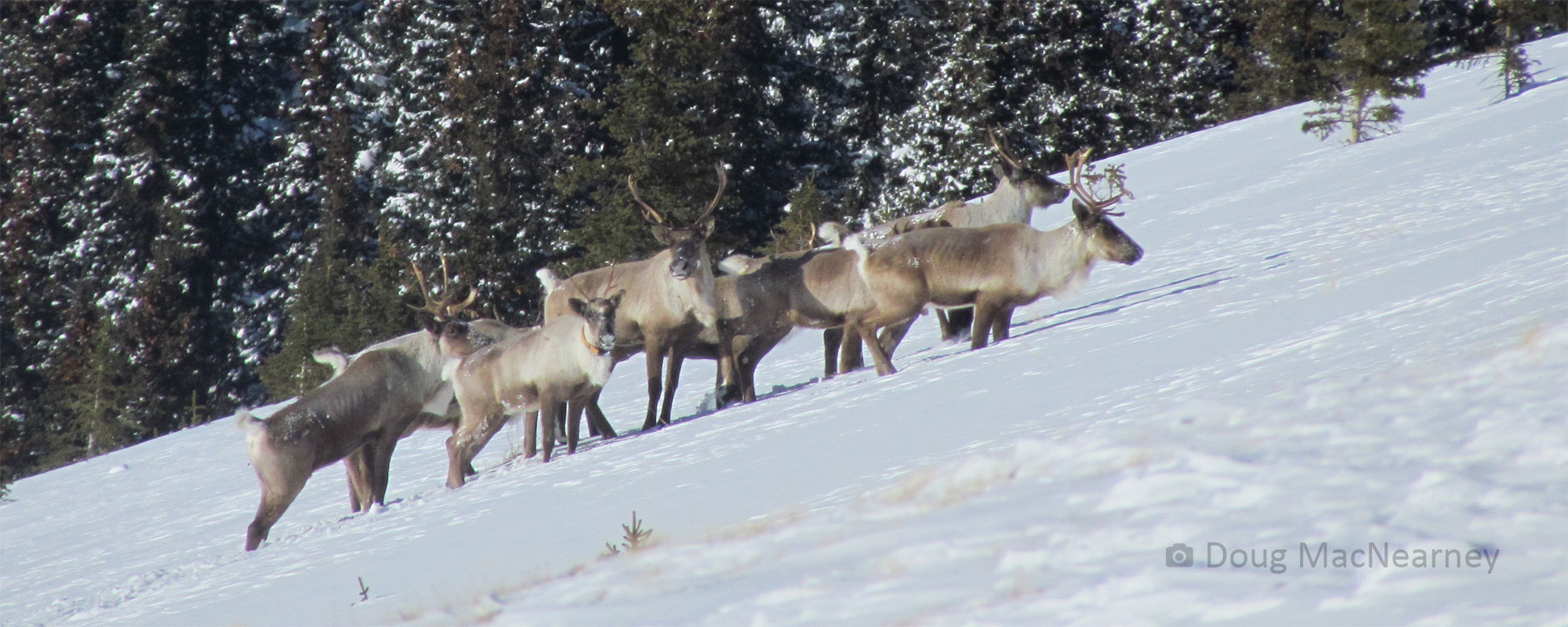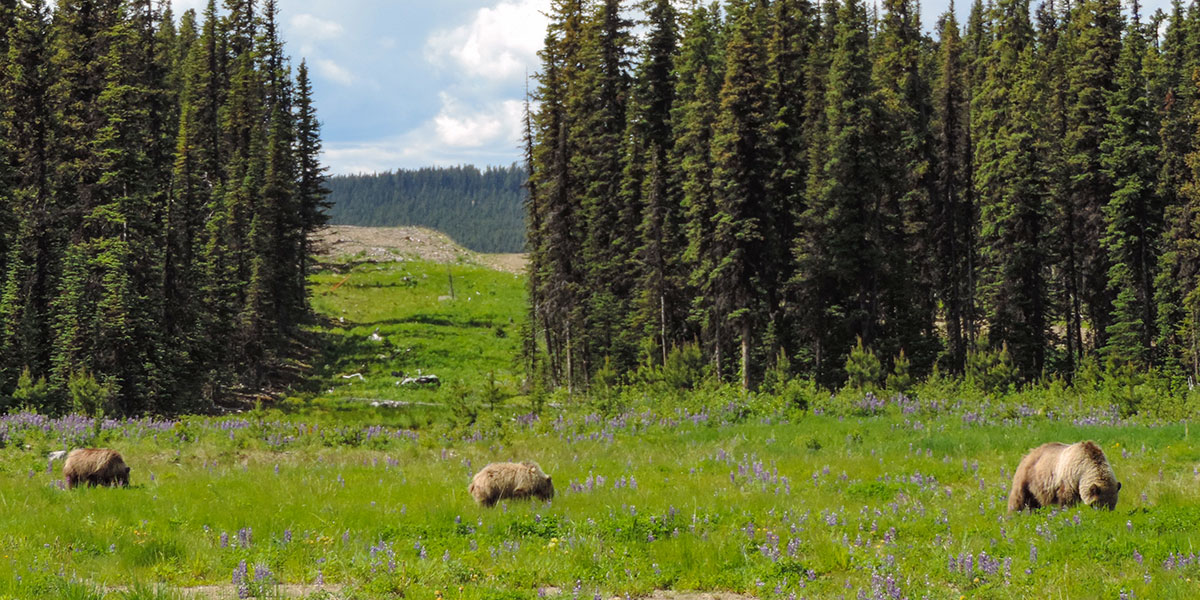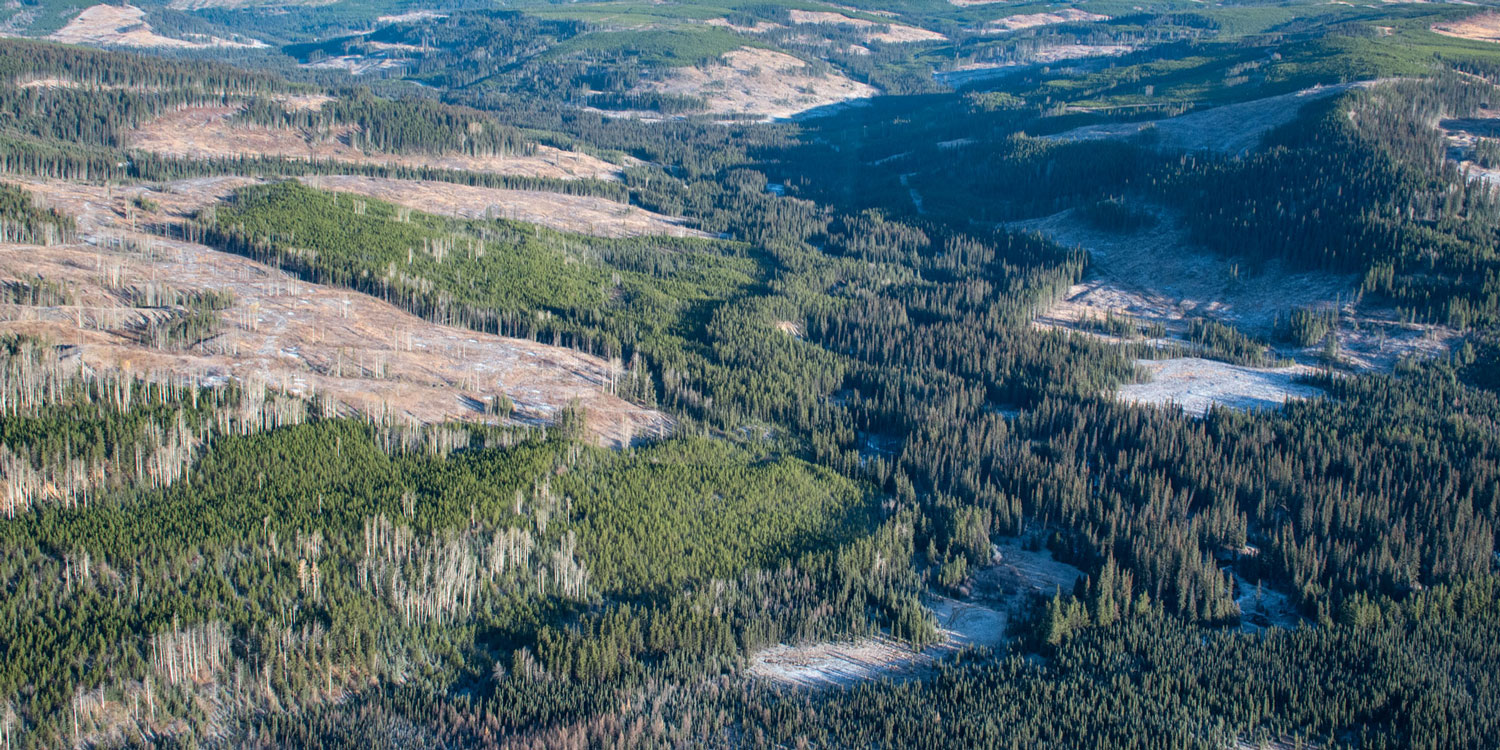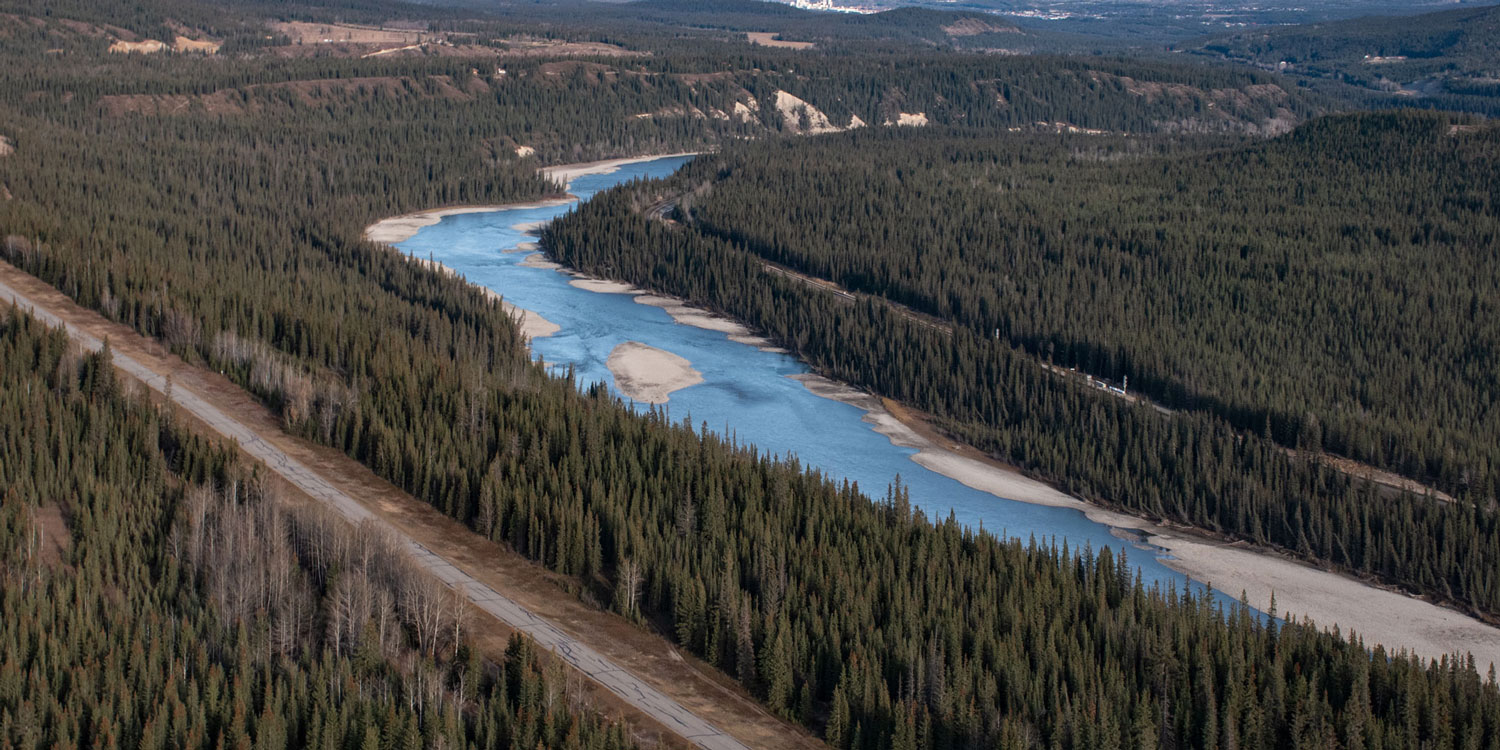
Abstract
Forest harvest and the associated temporary roads are two prolific anthropogenic features that contribute to disturbance within woodland caribou (Rangifer tarandus caribou) range. In Alberta and British Columbia, forest management strategies within woodland caribou range have a strong focus on caribou conservation in an effort to decrease the amount of disturbance on the landscape. Changes to the timing, intensity, and spatial arrangement of forest harvest are some of the common strategies being implemented. Moose are generalists and utilize a range of land cover types for forage, thermal refuge, and cover from predators. As such, the impacts of various forest management strategies on moose are variable. The impacts of these strategies on moose and predator-prey interactions have not been studied and discussed to the same degree as the impact on caribou, and more information is required to understand how specific forest management strategies can impact moose and predator prey interactions in specific regions.
Presenter Bio

Gabriel Schmid is an ecologist with expertise in soil science, botany, ecological trophic interactions and reclamation. Gabriel joined Forcorp Solutions in 2023 and has since provided analytical support for stakeholders in the forestry industry, energy industry, ENGOs, and provincial government in the topics of land use planning and forest management planning. He approaches problems and questions with an open mind and utilizes information and critical thinking to reach conclusions.
This work is part of the Moose Research Initiative.






